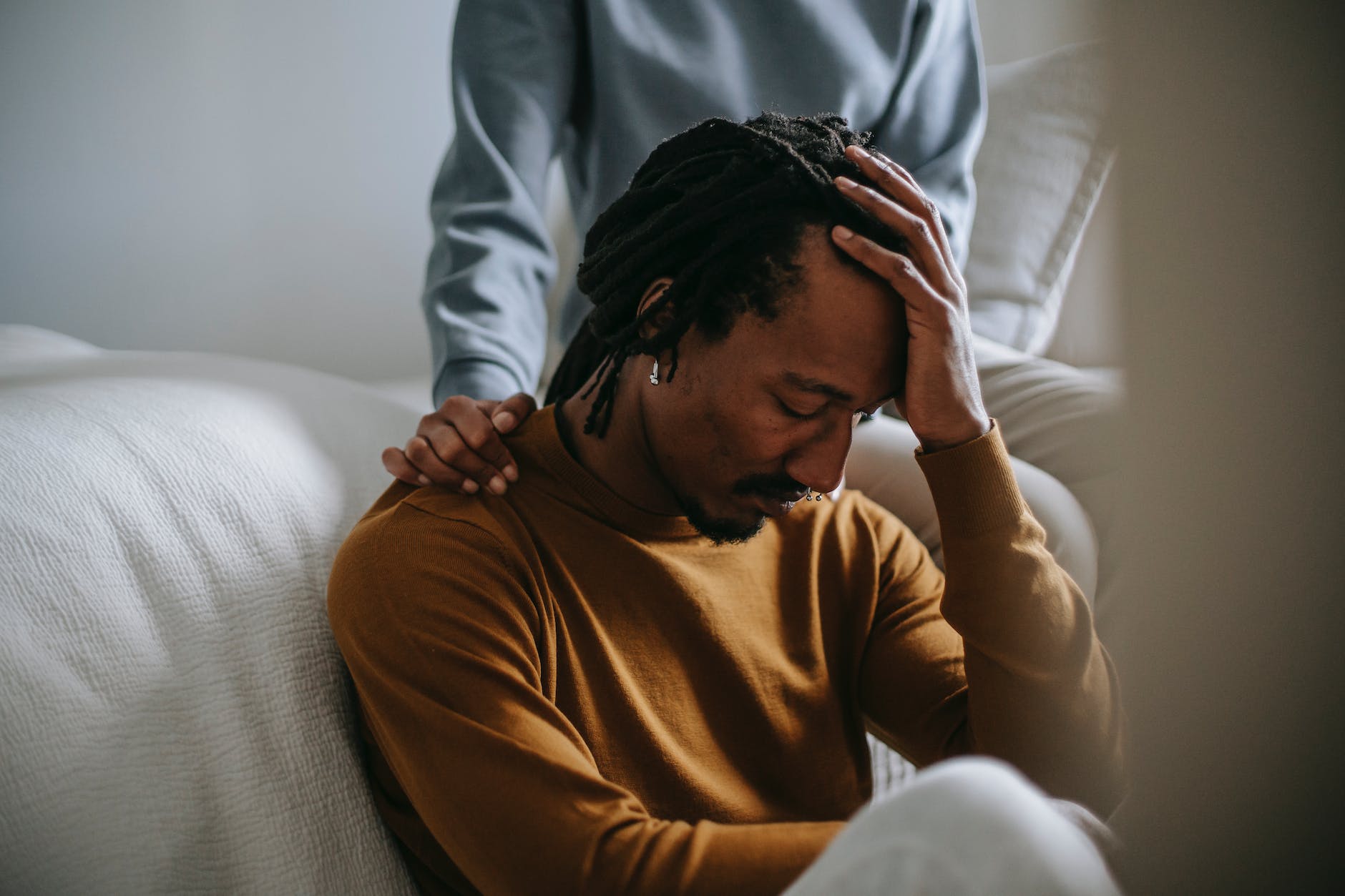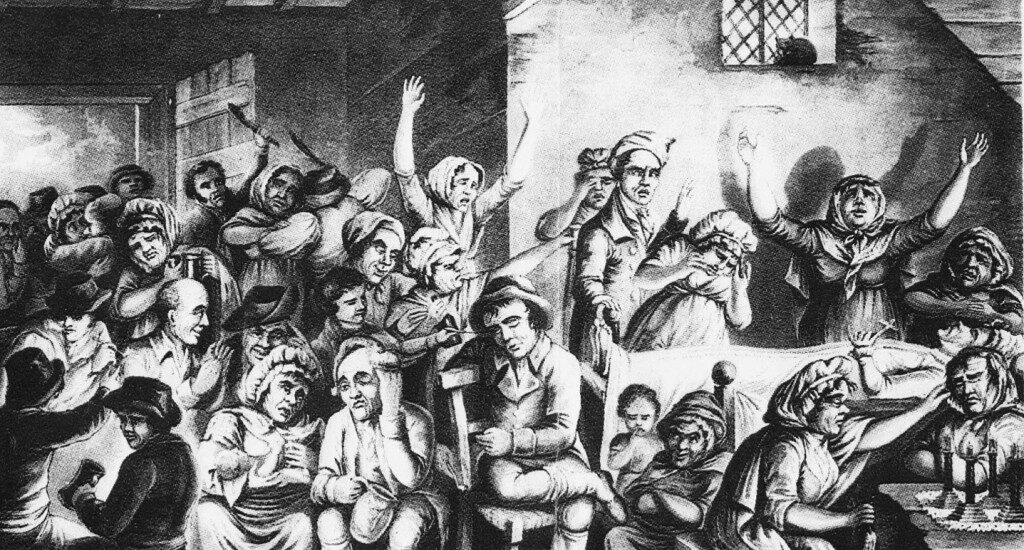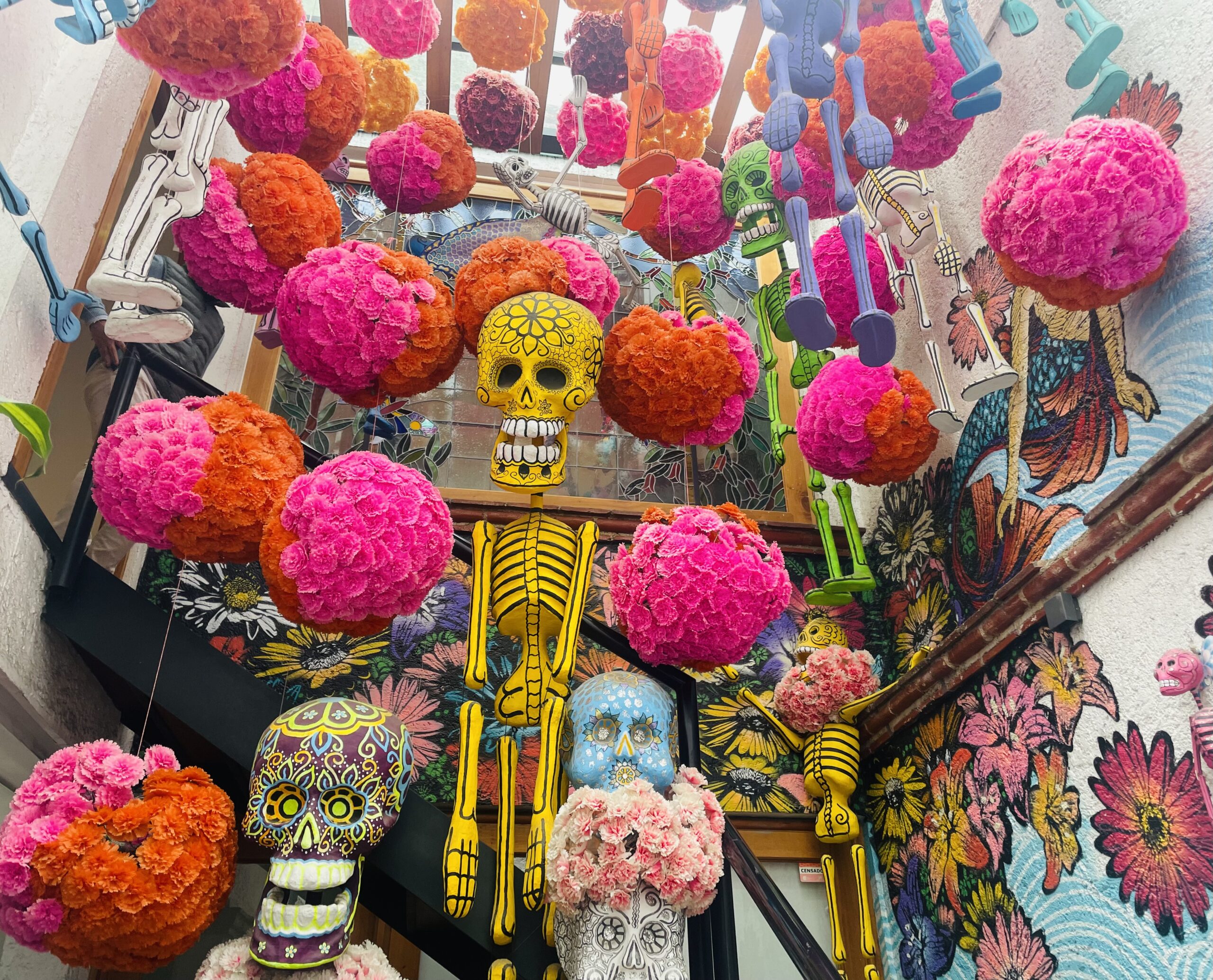We know death, like taxes, is a certainty in life. There is no way to escape it. And yet, we are usually not prepared for the emotions and pain that follow when a loved one dies. We can also be surprised by the ways our closest loved ones deal with the loss, especially if their grief looks different than ours. On an intellectual level, we know that everyone grieves and mourns differently.
We understand that’s okay.
But how we feel in the moment, while we’re actually mourning, can be a very different story. We don’t always respond to logic.
Different Ways of Mourning a Loss
The death of a loved one isn’t the only time we experience a loss. Throughout our lives, we might feel grief when a relationship ends, or we lose a job. Some of my clients are transitioning from independent to assisted living, and that’s a loss of sorts.
While common grief looks familiar to us – people wearing black, appearing sad or forlorn for a short period while seeming to heal and re-enter society within weeks or months of the loss – some of my clients and their loved ones express their grief in different ways.
Anticipatory Grief
When a loved one is diagnosed with a terminal or serious illness, anticipating their death or a change in one’s situation often brings anticipatory grief. This is the grieving that I see most often.
Part of my job as a death doula is to prepare my clients and their loved ones, emotionally, before a loss occurs. Anticipatory grief can also make the post-death mourning period a shorter one.
Sometimes my clients or loved ones need grief counseling to process what they’re feeling. This is especially true if their anticipatory grief isn’t allowing for a peaceful period before the expected death.

Abbreviated Grief
Sometimes, my client’s loved ones move through the grieving process quickly. It often follows anticipatory grief, but sometimes comes by itself.
Mourning for a short time doesn’t mean we’re over it quickly. Abbreviated grief can alarm friends and family members used to more common expressions of grief. Often I have to remind them that when it comes to grief, we’re all on different timelines.
Traumatic Grief
When a loved one’s death is sudden, unexpected, and/or violent, people often experience traumatic grief. This is extremely painful and can be long-lasting with people suffering from an inability to let go, near-constant triggering, painful memories, and flashbacks causing a re-experience.
This prevents true healing.
There is also a deep fear associated with traumatic grief. This fear involves anxiety that we may one day forget the deceased and we, therefore, cling to memories and sadness. It becomes a part of someone’s daily experience. This makes carrying on with the business of living quite difficult.
Grief Pangs and Yearning
Grief pangs are short periods of intense pain. This is experienced as a yearning for the deceased loved one and can evolve into longer periods of existential despair.
When a relationship feels disrupted, as it does when one has died, this is a very real loss. It includes emotional as well as financial disorganization. People question identity, faith, and meaning. These losses combine actual and symbolic attachments that are now broken, and the feeling of permanent pain is overwhelming.
Persistent Complex Bereavement Disorder
Grief and sadness may never completely go away. But when it starts to affect our daily lives, mourning keeps us from fully functioning as human beings. Sometimes, the negative emotions originating from loss and grief are directed inward. Introjection is crippling for those who feel trapped and can’t get out of it on their own.
These reactions can be so severe that they lead to major depressive disorders, anxiety disorders, or post-traumatic stress disorders. Some helpful interventions may include therapy, meditation, and/or psychedelics.
No Right or Wrong Way to Grieve
Everyone deals with loss in their own way. This is true in families and friend groups. Some experience loss in a way that brings them closer to others, while some find peace in solitude. One person may throw themselves into work while another might stay in bed and cry.
Some find it comforting to talk about the person who has died, while others want to keep their thoughts to themselves. Each person responds to loss based on temperament, personality, and experiences.
It’s hard to resist the urge to compare ourselves with others going through similar experiences. This is especially true in moments of loss and pain.
However, grief is based on emotions and personal relationships. Since everyone, and every relationship, is different – the way we react will also be different. Feeling frustrated, surprised, sad, or worried can manifest as anger or rage.
Comparing ourselves to others, especially when it comes to pain and grief, leads to trouble. Fights, arguments, and accusations over who loved whom the most can tear families apart. To avoid this, each mourner must understand and accept that everyone hurts and copes in their own special way.

Unhealthy Grieving
If you’re finding it hard to be around people who are mourning in a way that’s different from you, the best first step is to recognize it. When you understand what you’re feeling, you’re better able to observe what happens inside yourself when this is triggered. Intellectually you may know what you’re feeling and can better avoid those triggers before they happen.
Finding a grief counselor or community support group allows you to talk without judgment or criticism. This can help you process what you’re feeling without hurting anyone else. You might also find the Ring Theory helpful.
Family counseling can help loved ones find a way to grieve separately, but together. A licensed therapist helps mourners express emotions and pain in a way that doesn’t threaten anyone. With an effective counselor, loved ones can better understand each other and grow closer as a result.
Bereavement and grieving can lead to intense periods of sadness and even rumination about the loss. I encourage my clients to look beyond what might seem “normal” and instead focus on healthy grieving. Unfortunately, some people experience complicated grief that involves more than just sadness.
For some, grief can grow into immense emotional and physical suffering and morph into:
- denial
- guilt
- despair
- confusion
- shock
- disbelief
- anxiety
- extreme fatigue
- excessive crying
- troubling dreams or nightmares
Anger As a Default Emotion
Sometimes, when my clients die, their loved ones find that anger is easier to manage than sadness. They’re left wondering:
- “How could you leave me?”
- “Why did you do this to me?”
- “Why were you so selfish?”
- “How could you be so reckless?”
- “Why didn’t you love me enough to stay?”
Moving Toward Acceptance
There are many healthy and productive ways to grieve and mourn. Whether one family member finds peace in meditating, for example, while another seeks solace in a house of worship, while still another goes into counseling. All of that is immaterial. What matters is that we remember everyone mourns differently. Even when the loss is shared.
For bereavement care and support, contact me today.




One thought on “Everyone Mourns Differently: Why That’s Okay”